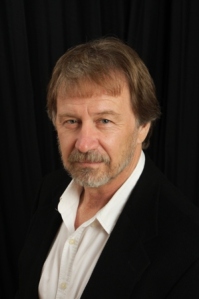Curtis Cripe holds a PhD in psychology and behavioral medicine from Northcentral University of Arizona. He began this path when he first received a Bachelor’s then a Master’s degree in engineering from California State Polytechnic University. His specialty was aerospace engineering and he took off in a career in this discipline when he started out as a senior systems engineer for the Jet Propulsion Lab (JPL) for NASA’s deep space research missions. He worked on a number of projects there, and one of those first projects was the historic first Mars landing in the summer of 1976.
Dr. Curtis Cripe is always on the front lines of new philosophies and treatment options. For example, he employs neuroengineering as a technique that uses modern applied neuroscience methods to remedy cognitive dysfunction. The practice of neuroengineering is composed of general analysis and remediation methods that have emerged as a practical application to many advanced clinical problems. Dr. Cripe calls the multifaceted combination of data collection, analysis and remediation the BrainRecovery Program.
Today, Dr. Curtis Cripe is a leading researcher at the NTL Group, Ltd. out of Scottsdale, Arizona. There he explores the fields of behavioral medicine and neuroengineering. He is sought for his thought leadership and is the accomplished author of many peer-reviewed publications and a number of books on his topics of research. Dr. Curtis Cripe is a lifetime member of the Golden Key International Honor Society for Academics. He is also a Certified Neurotherapy Instructor, Certified Peak Performance Instructor, and an INPP instructor for brain development.



